Although famed composer Ludwig Van Beethoven was famously known for being a great pianist, he still played other instruments. So, aside from the piano, what instruments did Beethoven play?
Many people, especially those who don’t follow classical music that much, are unaware that Ludwig Van Beethoven can play multiple instruments. He was classically trained to play the piano, organ, viola, and violin. Beethoven was so good at playing the violin that he played professionally in the court orchestra when he was still young.
Read on to learn more about the different musical instruments Beethoven played.
Also, we hope you find the links here useful. We may get a commission if you purchase something through a link on this page, so thank you!
What Instruments Did Beethoven Play?
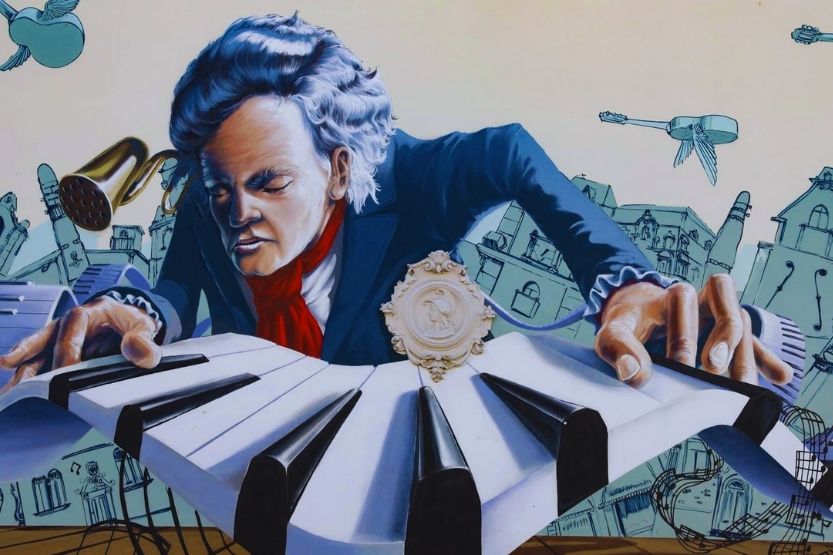
Many still regard Ludwig Van Beethoven as the best classical composer who has ever lived. He is responsible for timeless pieces such as:
- Moonlight Sonata,
- Fidelio,
- Grosse Fuge, and
- Fur Elise.
There is probably no one who has not heard at least one of Beethoven’s works.
Even though the famous composer was a piano virtuoso who wrote mainly piano music, Beethoven also played other instruments.
Beethoven came from a musically-inclined family. His grandfather, also named Ludwig, was an accomplished singer. He was even given the title of Kapellmeister (Head of Music) in Bonn, Germany.
The elder Ludwig’s son, Johann, and father to the famous composer was also a professional musician. He may not have reached the same level of acclaim as his father, but Johann’s musical career is still profitable. It was enough to sustain the needs of his family.
Below is a list of instruments that Beethoven play:
1. Piano
Click here to see this RockJam 54 Key Keyboard Piano with Power Supply on Amazon.
Beethoven’s first piano teacher is his father, Johann. To say that his father beat the love of piano into him is an understatement. Ludwig started getting music lessons from his father at age 5, and his father was already unrelenting back then. Every little mistake or missed keys required punishment.
Beethoven’s neighbors clearly remembered seeing the young man. He could barely reach the keys and tended to cry as his father closely watched over him as he practiced. In some instances, his father would come home in the middle of the night, drunk out of his mind. He would then drag the sleeping boy out of his bed and force him to play the piano.
Beethoven’s father wanted him to become the “Second Mozart.” Johann even went so far as to lie about Beethoven’s age during his first public piano recital. He was eight then, but his father said he was 6.
Beethoven’s father wanted him to become a child prodigy like Mozart. Unfortunately, although he was a talented musician, he was no Wunderkind. Beethoven’s true talent for music and composition laid dormant up until he reached his twenties.
Most people who have experienced the same treatment as Beethoven will likely develop seething hate for the piano. However, against the odds, Beethoven grew up to love playing the piano. He even continued playing it up until his death.
Click here to see this Alesis Melody 61 Key Keyboard Piano for Beginners with Speakers on Amazon.
2. Organ
Under his first full-time music teacher, Gottlob Neefe, Beethoven learned how to play the organ. Neefe was the Court Organist back then. He saw a lot of promise in the young Beethoven that he took the boy as his assistant.
The young Beethoven would substitute for Neefe whenever his teacher went on tour with his opera group. This gave him plenty of experience playing for the public.
3. Harpsichord
The piano was still a relatively new instrument when Beethoven was still a child. This made historians believe that the young composer practiced and learned to play the piano on a harpsichord.
The harpsichord looks somewhat like a piano. However, instead of tiny hammers hitting the strings, a rudimentary plucking mechanism makes the strings vibrate. This is why no matter how hard you hit the keys, the volume of the sound remains the same.
4. Violin and Viola
Click here to see this ENO MUSIC Professional Violin Viola Tuner on Amazon.
Yes, Beethoven knew how to play the violin. However, he was not nearly as adept at playing it as he was with the piano. If asked to describe Beethoven’s violin playing skills, it would be mediocre to average at best.
However, despite his lacking skills in playing the violin, Beethoven still went on his journey towards playing it. He even composed some of the best violin sonatas and concertos in history.
He also liked playing the violin when he was a young boy. However, instead of reading notes, he would improvise, to the dismay of his father. Aside from that, he did not pursue the playing of the violin.
He eventually took up violin lessons from famed violinists, most notable of which was Haydn. However, he did that not because he wanted to learn how to play the instrument. His goal was to understand how the instrument worked and its limitations. He then took the knowledge that he gained and applied it to his compositions.
Not much is known about Beethoven’s viola-playing skills. However, he was probably quite skilled enough to become a regular member of the Bonn theatrical orchestra.
Click here to see this Mendini 14-Inch MA250 Varnish Solid Wood Viola with Case on Amazon.
What Piano Brands Did Beethoven Use?
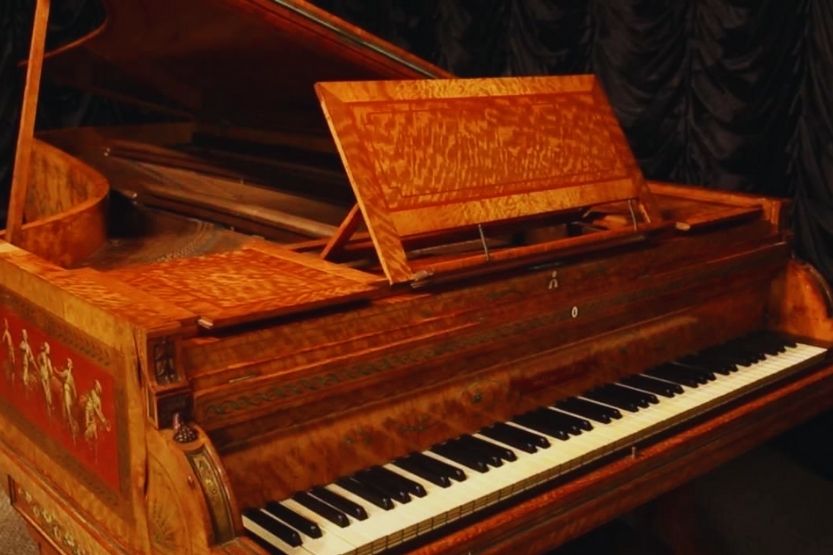
Ludwig Van Beethoven did not stick to one piano brand. He went through quite a few pianos during his illustrious career. Beethoven wasn’t loyal to a single brand since pianos back then were not as enduring as they are now. Plus, he was always searching for the best-sounding pianos so his compositions would also sound the best.
Even those he played only once or twice, all his surviving pianos can sell for several thousands of dollars. It is possible regardless of the condition and sound of the instrument.
Despite the piano being an Italian invention, there were only three main piano-making centers in the world during Beethoven’s time, namely:
- London,
- Paris, and
- Vienna.
Beethoven, seeing as he is technically a Rockstar during his time, had the pleasure of playing on all three kinds.
Even during his early career, Beethoven got lots of offers from premier piano makers to try their wares for free. They were more than happy to get a review (positive or not) from the music virtuoso. Beethoven owned and played on pianos that came from his close friend. These include Streicher, Stein, Graf, and Erard, which is a French brand.
Below is a list of piano brands that Beethoven played during his time:
1. Broadwood
However, Beethoven’s most beloved piano is a Broadwood that came from London. This piano was capable of six octaves. It had two pedals and a sturdy build. Most importantly, its sound is quite similar to the grand pianos of today.
2. Stein
The Stein piano brand was named after the great German piano maker and inventor Johann Andreas Stein. Being an inventor, Stein came up with an ingenious action mechanism that greatly innovated piano making. It was called the Prellmechanik, which was perfected in 1780. It allowed for quick and responsive play.
Stein’s daughter, Nanette, also a skilled piano maker, continued the business after his death. However, she used her husband’s surname, Streicher. Even with the new name, the Streicher family continued to provide Beethoven with more pianos.
3. Walter
When he arrived in Vienna, Beethoven was immediately intrigued with the pianos made by Anton Walter. Walter was a famed piano maker and inventor. One of the innovations that he contributed to the industry is the Prellmechanik. This is arguably the precursor of the modern piano’s hammer striking system.
The Prellmechanik prevented the hammers from bouncing back on the strings. Combining the Prellmechanik and a larger soundboard and bridge allowed the Walter pianos to create clearer and richer sounds.
4. Erard
A lot of famed Viennese piano makers were eager to give Beethoven one of their pianos for free. Some of them were even willing to give those pieces in exchange for a review from the maestro. Among them, one piano impressed Beethoven so much that he purchased one, and it was an Erard.
This piano was capable of 5-1/2 octaves, had 3-way stringing, a split bridge for the bass, and four pedals. It also made a richer sound compared to Vienna-made pianos.
5. Fritz
The Fritz is one of the best Vienna-made pianos of Beethoven’s time. It was capable of six octaves, had double-stringed bass, medium registers, triple-stringed treble, and four pedals. It also sported a thin soundboard and split bass bridges.
Moreover, it had small hammers, which meant it required a lighter touch. Despite that, the piano is still capable of producing a full and large sound.
6. Streicher
The Streicher piano brand is the “re-branded” Stein. When the owner of the workshop died, his daughter continued the business. This time, he used the name of her husband. Being close friends with Beethoven allowed the Streicher brand to evolve its pianos.
After collaborating with the master pianist allowed Streicher to create a new 6-octave model. As a result, this model is capable of a more resonant sound compared to the previous ones.
7. Graf
Conrad Graf was one of Vienna’s most innovative piano makers. He was one of the first to “mass produce” pianos back in the day. His shop was able to produce upwards of 100 instruments annually.
Knowing that Beethoven preferred the Broadwood piano, Graf copied its soundboard to give their pianos a more English sound. Graf lent Beethoven one of their pianos, and he seemed to like it quite a lot.
Again, what instruments did Beethoven play? Aside from piano, Ludwig Van Beethoven can also play other instruments, including organ, and viola, and violin. When he was young, he also played violin professionally in the court orchestra.
Fun Facts About Beethoven You Might Not Know
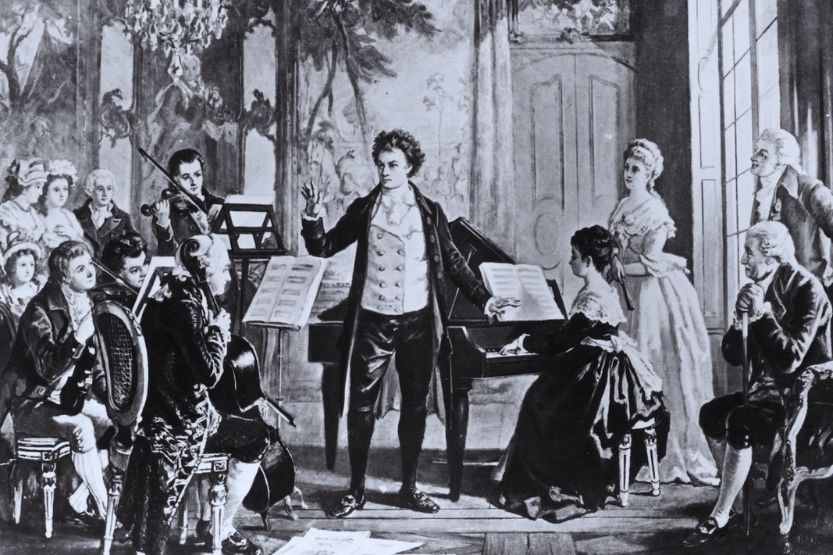
Here are also some facts about the musical genius Beethoven that you may still be unaware of:
1. His Love Life Is Full of Mysteries
Ludwig Van Beethoven did not get married. He dedicated Fur Elise to Elisabeth Rockel, an opera singer popular during his time. She so smote him that he proposed to her but got rejected.
2. His Sternness Almost Cost His Nephew’s Life
Beethoven was an irritable and strict man. Upon taking custody of his young nephew, Karl, he often lashed out at the boy because his brother died. The stress and abuse may have gone so bad that Karl attempted suicide.
3. He Revolutionized Music
Beethoven single-handedly ended Viennese Classicism. In his prime, Beethoven’s peers considered him as the pioneer of Romanticism. He did things that other composers did not do yet. One is when he wrote a part for a choir in his Symphony No. 9. Such a feat has not been attempted before.
4. Wrote Not to Impress but to Leave a Mark
He was a chronic perfectionist who wouldn’t release a composition until he was certain it was perfect. Beethoven would sit on his piano bench for entire days. He worked until very late at night, until he had run out of revisions on his compositions.
5. His Only Opera Was a Near-failure
Beethoven’s only opera, Fidelio, got scathing reviews on its first screening, which almost got it canceled. Luckily, Beethoven was able to rework his compositions and came up with third and fourth versions. After Fidelio, Beethoven never again attempted to write for an opera.
6. Heavily Influenced the Creation of the First Audio CD
The developers of the audio CD surveyed famous people in the music industry. They sought their thoughts and opinions on how to proceed. Famous classical conductor Herbert von Karajan suggested that people listen to the entire Beethoven’s 9th symphony on just one CD. This resulted in the 80-minute runtime of audio CDs.
7. He Was in Constant Pain Until His Death
Aside from his deafness and tinnitus, Beethoven was also wracked by chronic pain. His doctors tried their best to find out what was wrong with him. It’s always suspected that they only worsened his condition because of a lack of complete medical knowledge back then.
Conclusion – What Instruments Did Beethoven Play?
Most people do not know that Ludwig Van Beethoven was not just an accomplished piano player. He was also an expert in playing the organ. He also played the viola professionally. Plus, he is quite adept with the violin. Beethoven was good enough as a violin player to play it professionally when he was a young man.
Studying the life of Ludwig Van Beethoven is almost as satisfying as listening to his famous works. This article barely scratched the surface of the illustrious but also unenviable life of the world-famous composer. Hopefully, it whets your appetite to learn more about this admirable musical genius.
Read next:






![Accordion-like Instruments [Full List] accordion like instruments](https://musicalinstrumentpro.com/wp-content/uploads/2022/09/accordion-like-instruments-150x150.jpg)
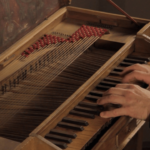



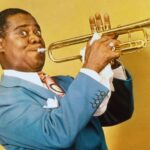
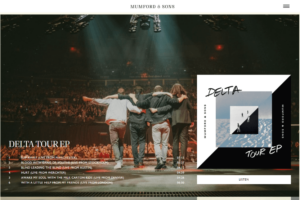
![Read more about the article Acciaccatura and Appoggiatura Grace Notes [Guide]](https://musicalinstrumentpro.com/wp-content/uploads/2022/09/acciaccatura-and-appoggiatura-grace-notes-300x200.jpg)
